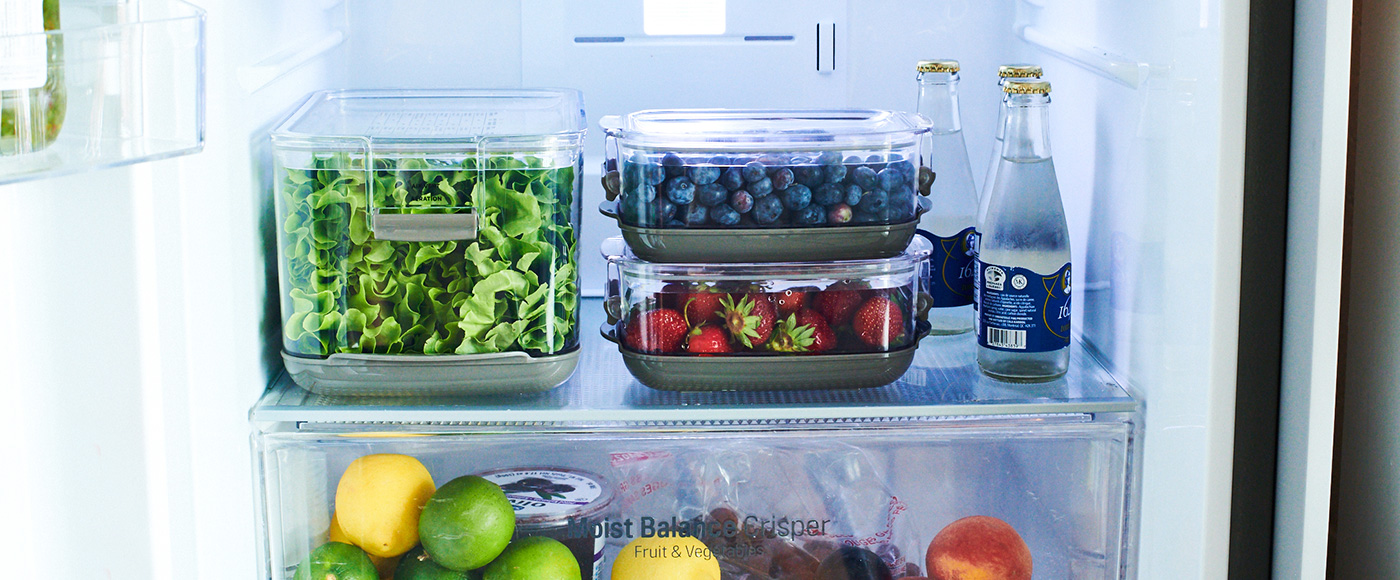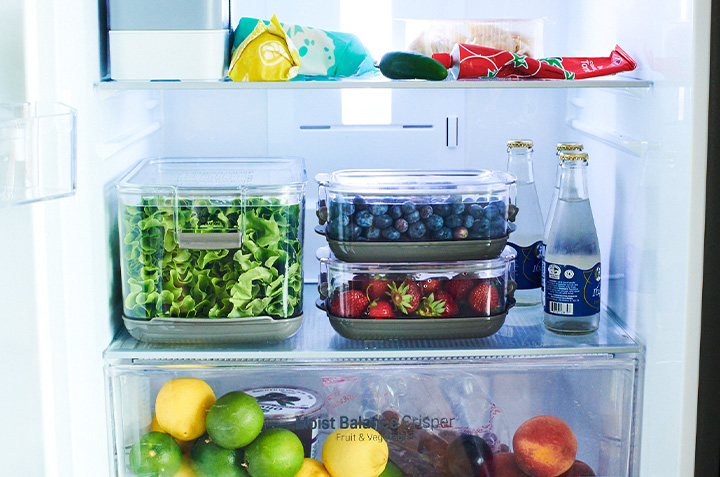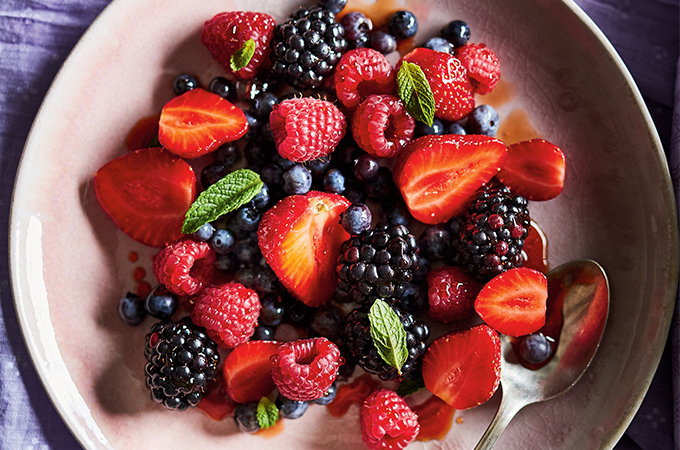1. Avocados
Who hasn’t cut open an avocado to slather on toast or turn into guacamole, only for it to have already turned brown? It’s a common occurrence, which leads to the fruit being thrown out before you can even get the chance to enjoy it.

LUNCH
Egg and Avocado Toast
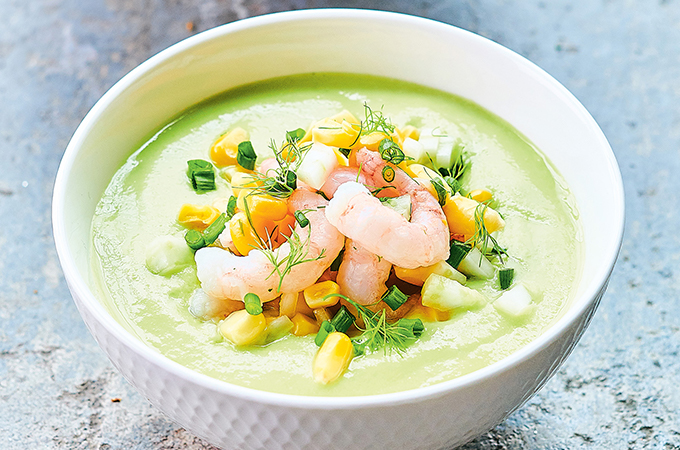
SUMMER COOKING
Cold Avocado-Fennel Soup with Nordic Shrimp Salad
Preservation tip: Your best bet is to keep air from coming into contact with the creamy flesh; that’s what causes avocados to oxidize and brown. You can do so by squeezing some fresh lemon juice onto the open halves of your avocado and then storing them in an airtight container.
2. Bananas
Bananas are one of those fruits that tend to ripen fast. This is due to a gas the fruit emits called ethylene, which accelerates the ripening process. While we can always suggest making banana bread when the fruit overripens, we know that sometimes you just want to enjoy them in their natural state!
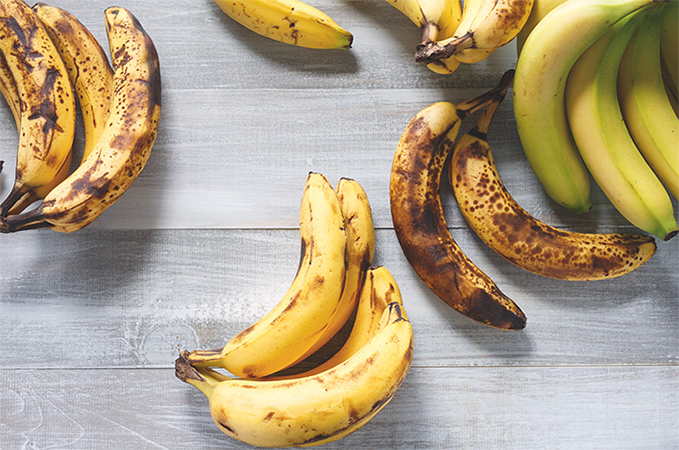
ARTICLE
4 Ways To Use Overripe Bananas
Preservation tip: Keep the bananas on the counter until they’ve ripened to your liking, and then transfer them to the fridge. The cold temperature will slow down the ripening process. The skin outside will continue to blacken in the fridge, but rest assured the banana’s flesh will remain the same.
Bananas are part of a category of fruit known as climacteric fruits; these are fruits that continue to ripen even after being picked, producing more ethylene than their non-climacteric counterparts. (Non-climacteric fruits reach full maturity on the plant, and don’t continue to ripen once picked.) Other climacteric fruits include: apples, avocados, mangoes, peaches and tomatoes, among others.
3. Berries
Berries make a great snack on their own, or to garnish a tart or cake. However, the likes of strawberries, blueberries, raspberries and blackberries don’t look (or taste) all that appetizing when they’ve withered and softened. So what can you do?
Preservation tip: Berries can only be kept in the fridge for up to six days before they begin to spoil. The reason is excess water; berries contain lots of it, and it also doesn’t help when we have a habit of washing our fruit prior to putting it away. We recommend lining an airtight container (be it plastic or glass) with a clean, dry cloth or paper towels, which will absorb the excess moisture. We also suggest washing fruit only when you are about to eat it.
4. Lettuce
Fresh or bagged lettuce, pre-washed spinach, salad mixes… We love leafy greens, but not so much when they start to wilt and get slimy! Salad is 93% water, so it requires a humid environment in order to remain crisp. However, your fridge only contains 50% humidity, so the following tip is a must in order to protect your veggies.
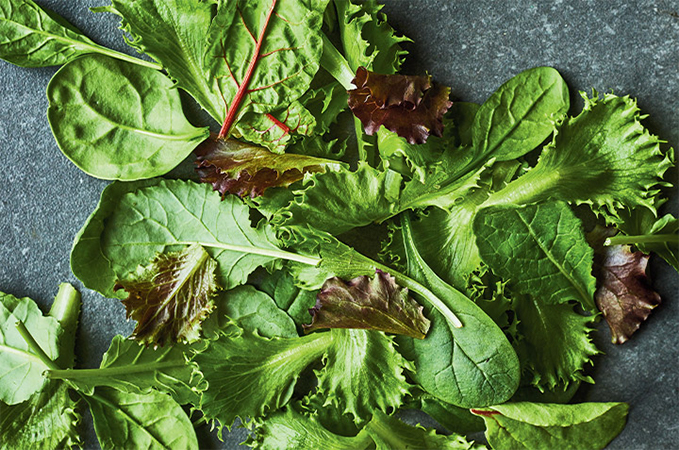
ARTICLE
5 Tricks to Preserving Lettuce
Preservation tip: Moisture is key! Whether you have a new or pre-cut head of lettuce, a clean damp cloth is your best friend here. For a whole, untouched head of lettuce, place it in a perforated bag with the damp cloth to keep it from losing all its moisture. As for lettuce you’ve already cut in half (or a container of pre-washed salad mix), put it in an airtight container along with the damp cloth.
Did you forget to properly store your lettuce the moment you got back from the grocery store? Don’t fret! Simply soak the lettuce in ice water for 15 minutes (or up to an hour, depending on how wilted your lettuce is), and its crispness will be restored.
5. Fine herbs
Herbs like parsley or cilantro are sold in bunches, yet we oftentimes only use a small amount in our recipes, leaving the rest in the fridge to wilt. But no more! Much like the lettuce issue above, herbs tend to lose their moisture in the fridge.
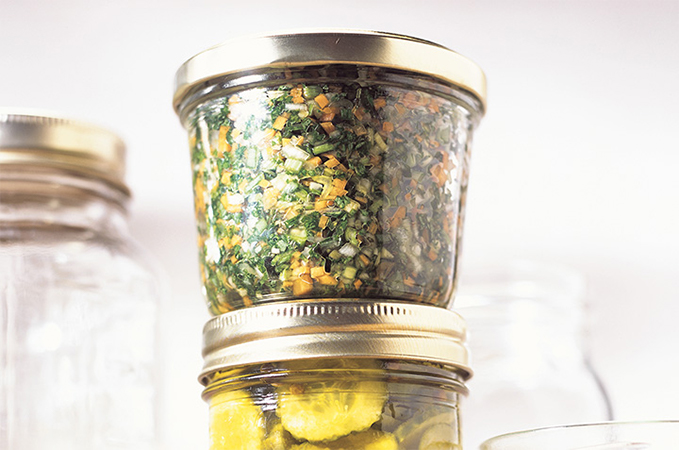
ARTICLE
What To Do with Extra Herbs
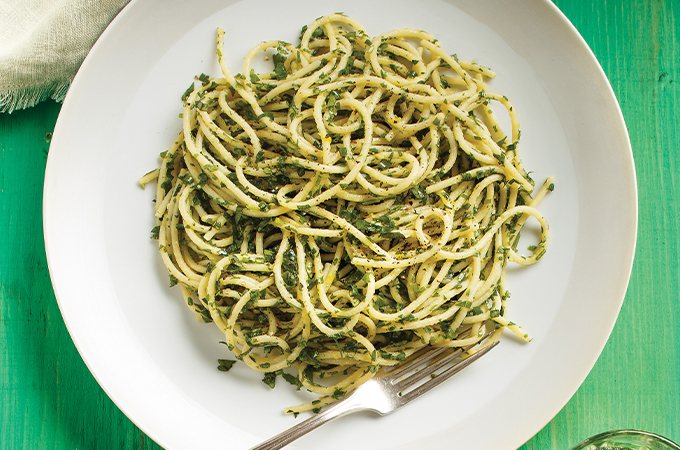
30-MINUTE RECIPES
Thousand-Herb Spaghetti
Preservation tip: To ensure your herbs stay fresh, transfer them into a jar or glass of water and then cover with a plastic bag. This creates a greenhouse effect and will preserve them for up to several weeks! Don’t forget to change the water every couple of days.
- • Be sure to store mushrooms in a container with a dry cloth to keep them from drying out;
- • To ensure celery lasts as long as possible, wrap it in aluminum foil to protect it from the fridge’s dry environment;
- • A great way to keep bean sprouts fresh for longer is by keeping them in a jar of water and changing the water every two days
